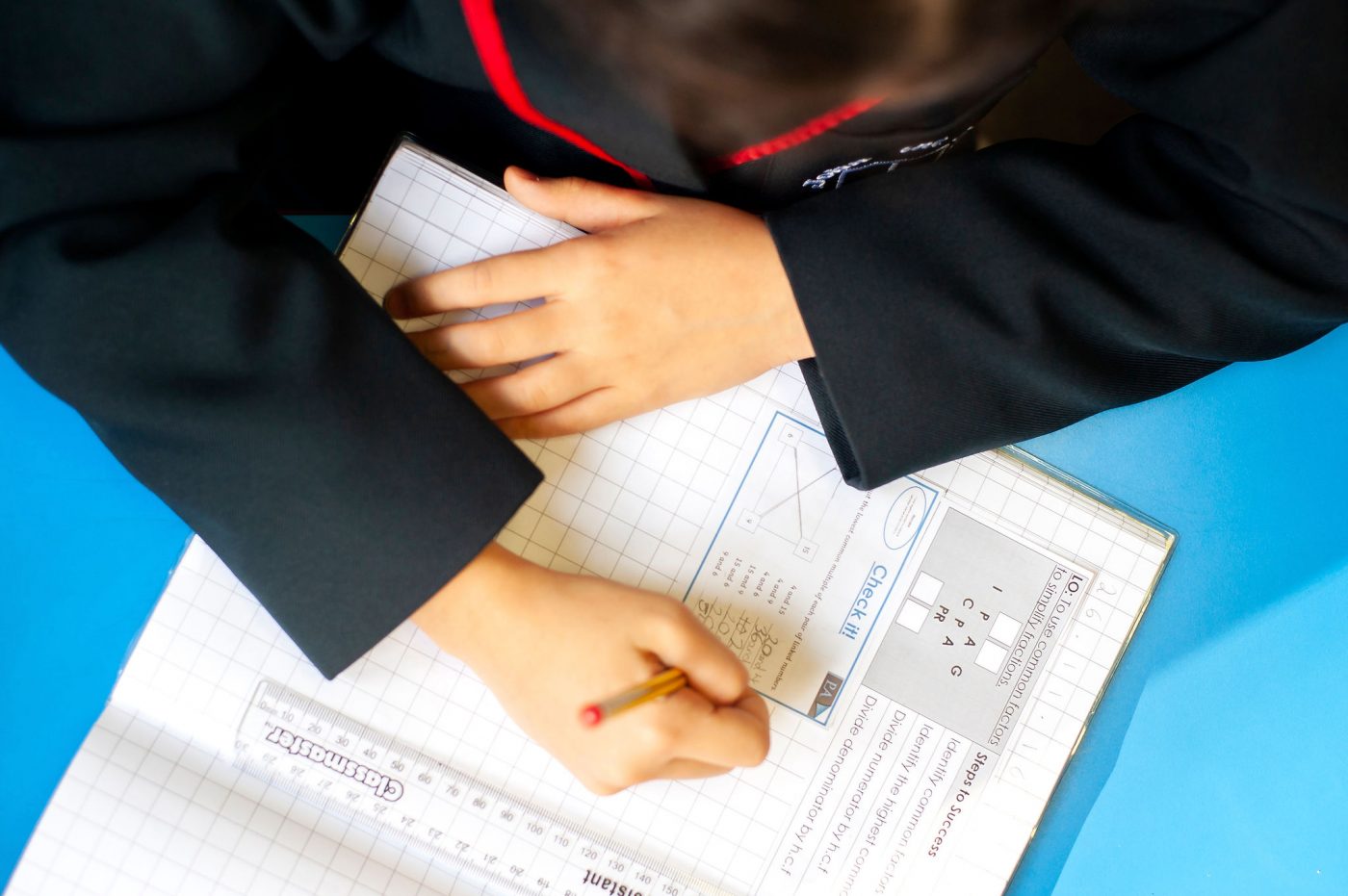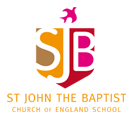Mathematics
Mathematics
At St John the Baptist, we follow the Primary Advantage Curriculum for Mathematics, which provides students with exciting, relevant and challenging Mathematics.
Vision
At St John the Baptist, we follow the Primary Advantage Curriculum for Mathematics, which provides students with exciting, relevant and challenging Mathematics. Lessons encourage a sense of curiosity and enjoyment, while developing fluency, mathematical reasoning and problem solving skills. We recognise that mathematics is an essential life skill and we want all our children to feel confident and enjoy using their mathematical skills in a range of contexts – working collaboratively and independently.
Children at St John the Baptist are encouraged to develop a thorough understanding of the knowledge and skills through a concrete – pictorial – abstract approach to learning. As their knowledge, understanding and skills develop, we extend and challenge them to apply their skills into real life situations, deepening their conceptual understanding through increasing sophisticated problems. We place great importance in making sure that mathematics is interwoven into all subject areas taught at St John the Baptist.

Curriculum
Schools within the Primary Advantage Federation have a strong commitment to children’s maths. Daily maths lessons lay the foundations for this critical life skill as teachers follow the popular and effective PA Maths programme. It follows the new National curriculum and uses the White Rose approach to Mastery. The Concrete-Pictorial-Abstract approach is encouraged and the PA programme details clearly how this can be achieved for each learning objective to allow the children to explore mathematical concepts contextually.
Maths lessons occur daily and follow the four-part lesson structure: Mental / Oral Starter, introduction and whole class teaching, independent activities and plenary activities. Children usually cover a theme each week and planning ensures that all learner’s needs are met.
The PA Maths programme supports progression throughout the primary years and has a strong CPA thread running throughout. This means that children are exposed to conceptual ideas at a concrete level with a range of apparatus (e.g. counters, beads, Dienes and Numicon) before moving on pictorial representations. This may mean diagrams, sketches or using the Singapore bar model to solve problems. Doing so develops children’s deep conceptual understanding and skills proficiency which supports the next move into abstract mathematics, such as long division.
Maths lessons are designed to be interactive with a significant emphasis on children’s talk. Through discussing their ideas, children construct new understanding, engage in a supportive community of practice, take responsibility for their learning and allow the teacher a window into their thinking which enables appropriate action to help them progress. Fluency, reasoning and problem solving are three themes of the maths National Curriculum (DfE, 2014) and inform all maths teaching in Primary Advantage schools.
Additional Arithmetic sessions are also planned daily, in order to meet the needs of each individual learner to become fluent in the use of formal written methods, and mental strategies.
Teachers and support staff provide targeted support and assessment to help all children make good progress in maths.
Useful Links
- http://www.primaryadvantage.co.uk/about-pa-maths – PA Maths programme
- Parent Leaflets – PA Maths
- www.mathletics.co.uk
- www.thinkingblocks.com
- www.mathplayground.com
